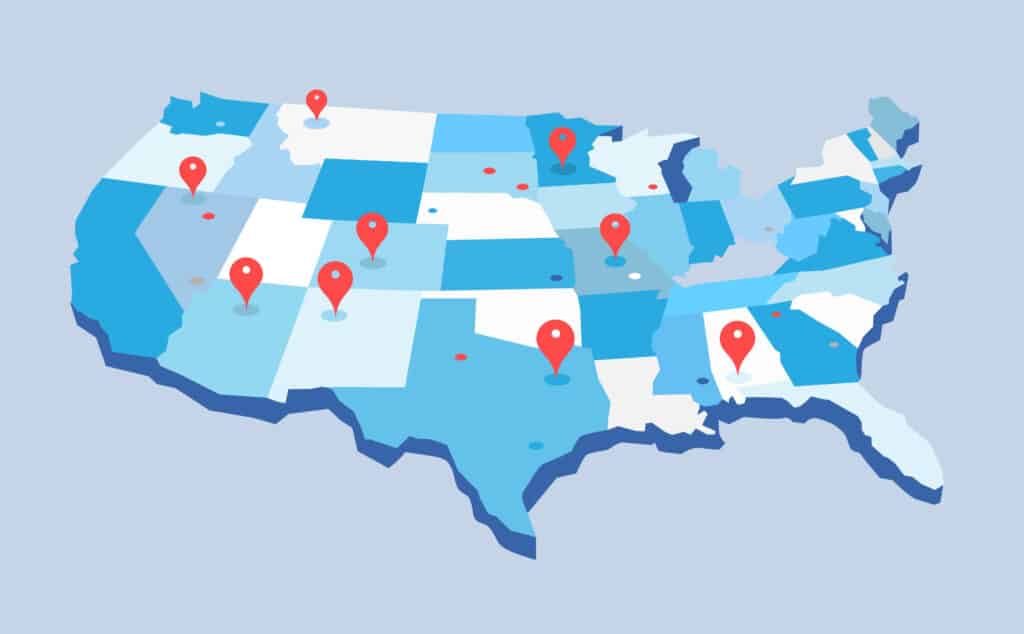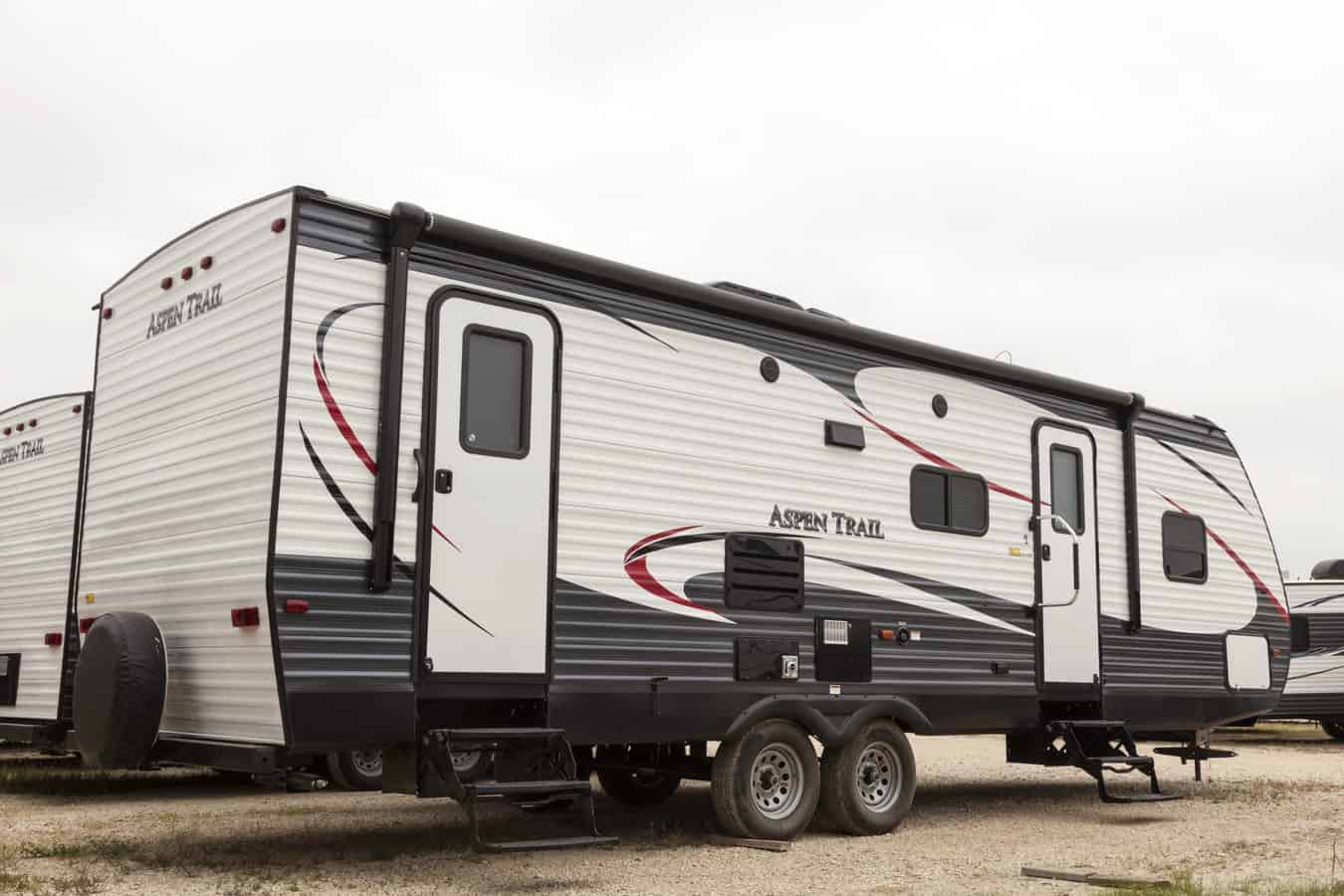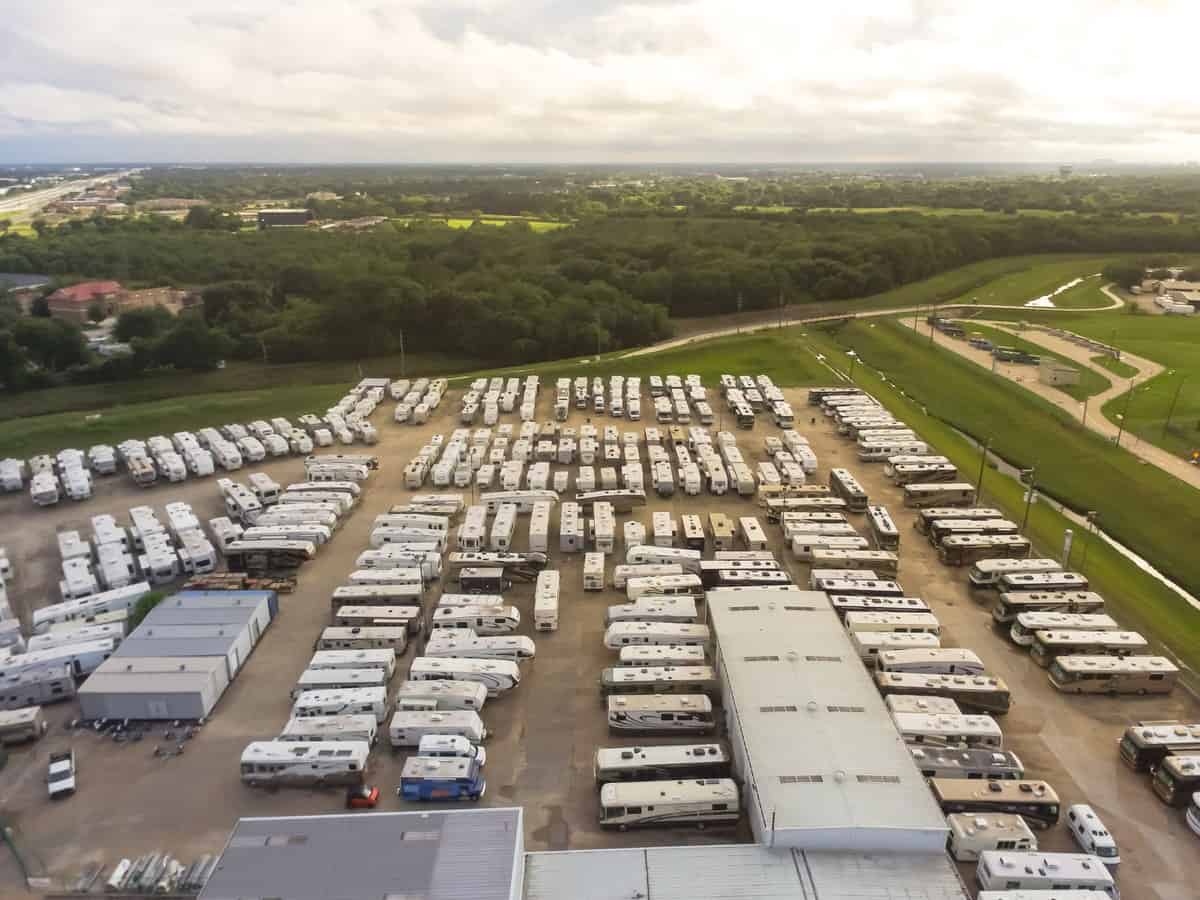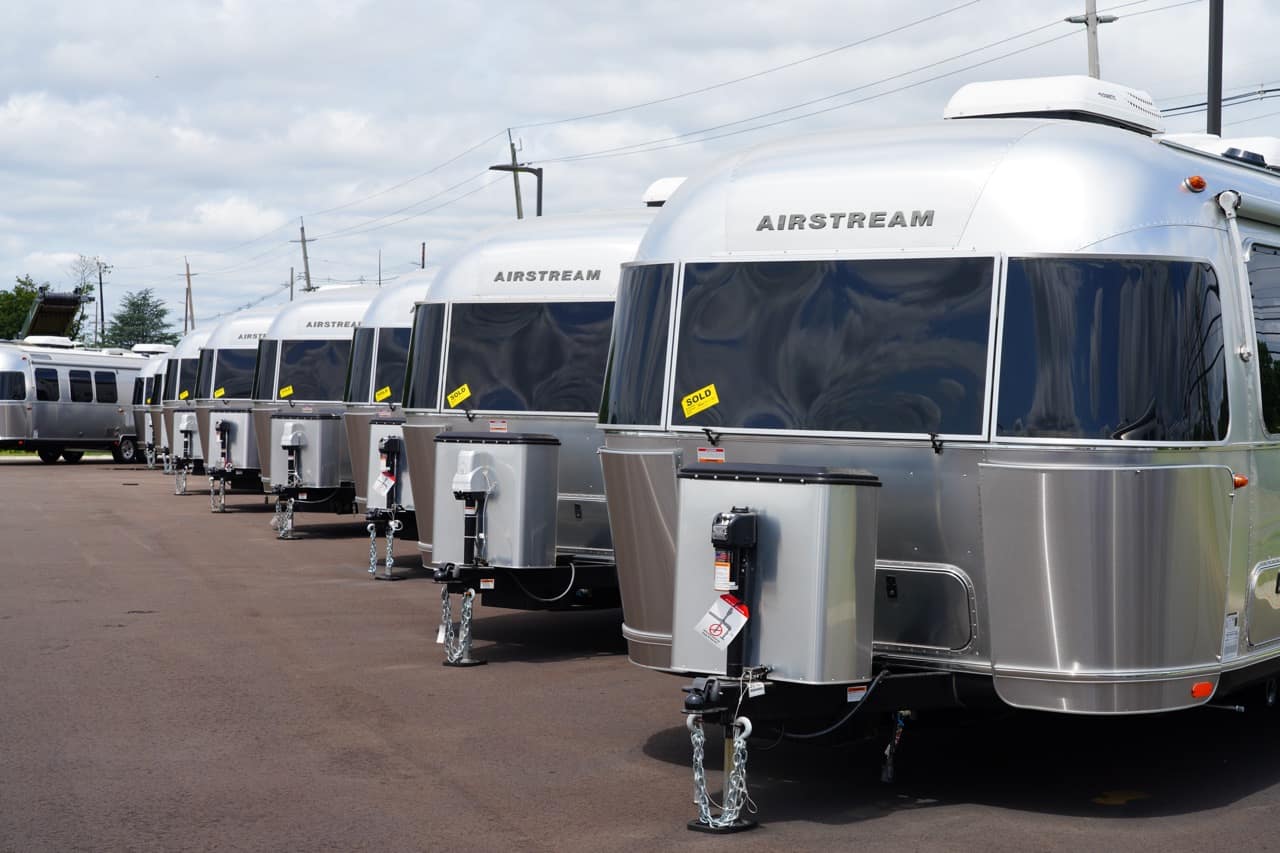
Should You Buy Your RV in a Different State?
Looking to buy an RV? We all know that’s no small investment. That said, there are ways to save on the total cost of an RV. You might choose to pay cash for your rig, buy used, or shop for the best interest rates. Are you wondering which is the best state to buy an RV in? That’s an excellent question. While many people have ideas of which states might be ideal, some of these are nothing more than rumors. In this article we will address those rumors and help you figure out where you should make your RV purchase in order to save as much money as possible.
Buying an RV in Indiana
The first thing we’re going to discuss today is buying an RV in Indiana. Many people seem to believe that because the vast majority of RVs are made in Indiana, you’re more likely to find a good deal here. The truth of the matter? This isn’t quite right. While there might be a few more used and new RVs in Indiana than in some other states, there is no real reason to believe you’re going to find an especially good deal on an RV in Indiana just because the rigs are made there.
Buying an RV in Montana
Another thing people believe? That you can save money by purchasing an RV in Montana. The reason people hold this belief is because Montana does not charge sales tax. This means those who register their rigs in Montana will save hundreds or even thousands of dollars on sales tax. The problem? Unless you live in Montana, this doesn’t really apply to you. In the vast majority of cases, you will register your RV in your home state and pay taxes in your state when doing so.
The exception to this rule is for full-time RVers. If you are on the road full-time, you might consider changing your state of residency to Montana in order to save money on sales tax when buying a vehicle. That said, there are many things to consider when choosing your domicile state and you probably don’t want to pick Montana based on this one thing.
What to Consider when Deciding Where to Buy Your RV
If Indiana and Montana aren’t going to be the best state to buy an RV and save you money on your RV purchase, where can you go to save some money? The answer? It depends. Below is a list of things you will want to consider when deciding where to buy your RV. After considering these things and weighing your options, you very well might find that you can save by buying out-of-state. That said, you could also find that buying in your home state is as good a choice as any (and a whole lot less complicated to boot).
Cost of Living
The thing that can affect the cost of RVs the most? Cost of living in a particular area. This makes perfect sense, and it’s why you’ll find the same RV for much cheaper in a place like Arkansas or Oklahoma than you will in a place like California, where the cost of living is much higher. There are of course exceptions to this rule, but cost of living is a good way to narrow down your options.
Availability of RVs
Some states are more popular with RVers than others. RVs are likely to be more readily available in those states where RVing is a popular activity. This is especially true when it comes to used rigs, but it does also apply to new motorhomes and trailers.
If RVing isn’t popular in your state and you can’t find what you want, consider looking in a state like Texas or Florida where RVing is a huge part of the local culture.
Potential for Damage Based on Weather and Location
States that get extremely cold in the winter could potentially cause damage to an RV’s plumbing system, meaning that if you buy from a cold state, you will want to thoroughly inspect the water lines before buying. Meanwhile, RVs in coastal states are more likely to see damage from salt in the air and humidity, and states that see a lot of hail are more likely to be home to RVs with hidden hail damage. Keep these things in mind when deciding when to buy, as they will help you know what to look for.
Cost of Travel vs Savings
Finally, you will want to consider the cost of travel versus the amount you might be saving by shopping in another state. If you find a great deal in North Carolina but you live in California, the cost of getting to the rig and getting it back home might not be worthwhile. On the other hand, there are some great deals to be found, and if the discount is deep enough, you might just be willing to drive 2,000 miles to take advantage of it.
No Clear Answer
Where is the best state to buy an RV? As you can see, there is no one clear-cut answer. For some, Montana might be a good pick if they plan on making that their domicile anyway. For others, Texas might be a good bet thanks to a relatively low cost of living and an abundance of RVs. Consider all the factors mentioned above, decide how far you’re willing to travel, and expand your search radius based on those answers. No matter where you decide to buy, we’re certain you’ll find a rig that makes you happy and takes you on many amazing adventures for years to come!





I bought a Outdoors 25RDS in Washington state from RV Northwest and saved a substantial amount of money, Even shipping it to the east coast I will save using uShip.
Interestng…have considered many of the topics you discussed……We have picked a make..model..floor plan we want and are shopping different states comparing those same features and pricing from dealer to dealer…always be aware of dealer add-ons…some have the asking price +dealer charges…while others tack on fees …I also put the dealers in competition with each other on price….